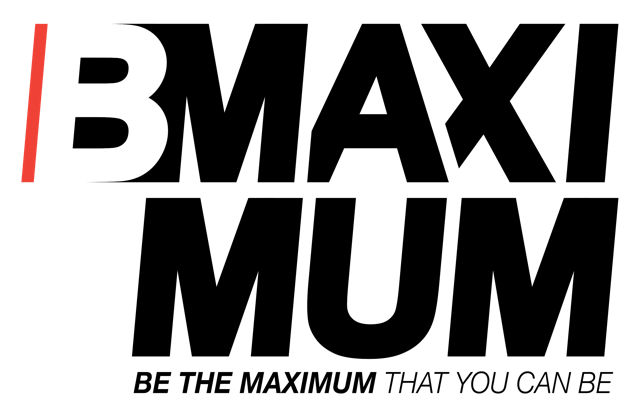
Protein is the building block of muscle, a crucial nutrient for recovery, growth, and maintenance of all body tissues. For athletes and fitness enthusiasts who push their bodies to the limits, understanding how much protein is needed daily is key to optimizing performance and physique. Let's break down how to calculate your protein needs to fuel your athletic endeavors and support your nutrition goals.
Why Protein Matters
Before diving into calculations, it's important to understand why protein is so important. Protein serves numerous functions in the body, including repairing and building tissues, producing enzymes and hormones, and serving as a vital component of bones, muscles, cartilage, skin, and blood. For those engaged in regular physical activity, protein helps repair the micro-tears in muscle fibers caused by intense exercise, facilitating muscle growth and recovery.
Calculating Your Protein Needs
1. Understand the Recommended Dietary Allowance (RDA)
The Recommended Dietary Allowance (RDA) for protein for the average adult is 0.8 grams per kilogram (g/kg) of body weight per day. However, this recommendation is for sedentary individuals. Athletes and those who engage in regular intense physical activity require more protein to support muscle repair and growth.
2. Factor in Your Activity Level
-
Sedentary Lifestyle: If you're not active, sticking close to the RDA (0.8 g/kg) might be adequate.
-
Moderate Exercise: For those engaging in moderate aerobic or resistance training, the requirement increases to about 1.1-1.4 g/kg of body weight.
-
Intense Training: Endurance athletes and serious bodybuilders may need from 1.2 to 2.0 g/kg of body weight to support recovery and muscle synthesis.
3. Do the Math
Multiply your weight in kilograms by the appropriate protein amount based on your activity level. For example, a 68 kg individual engaging in intense training might need between 1.2 and 2.0 g/kg, which equates to approximately 82 to 136 grams of protein per day.
Consider Your Overall Diet
Protein needs should be met with a combination of dietary protein from foods like meat, fish, dairy, and legumes. For those who may find it challenging to meet their protein requirements through food alone, supplements like whey protein can be a convenient addition.
Listen to Your Body
It's important to note that these calculations provide a starting point. Listen to your body, and consider consulting with a dietitian or a nutritionist to tailor your protein intake to your specific needs, goals, and health conditions.
Conclusion
Understanding your daily protein needs is a fundamental aspect of sports nutrition that can significantly impact your performance and recovery. By taking into account your activity level and doing some simple calculations, you can ensure your diet is supporting your hard work in the gym or on the field. Remember, nutrition is personal, and what works for one individual may not work for another. Tailor your protein intake to your body's responses and your fitness goals for the best results.
B Maximum offers high quality protein supplements to help you meet your daily requirements!







